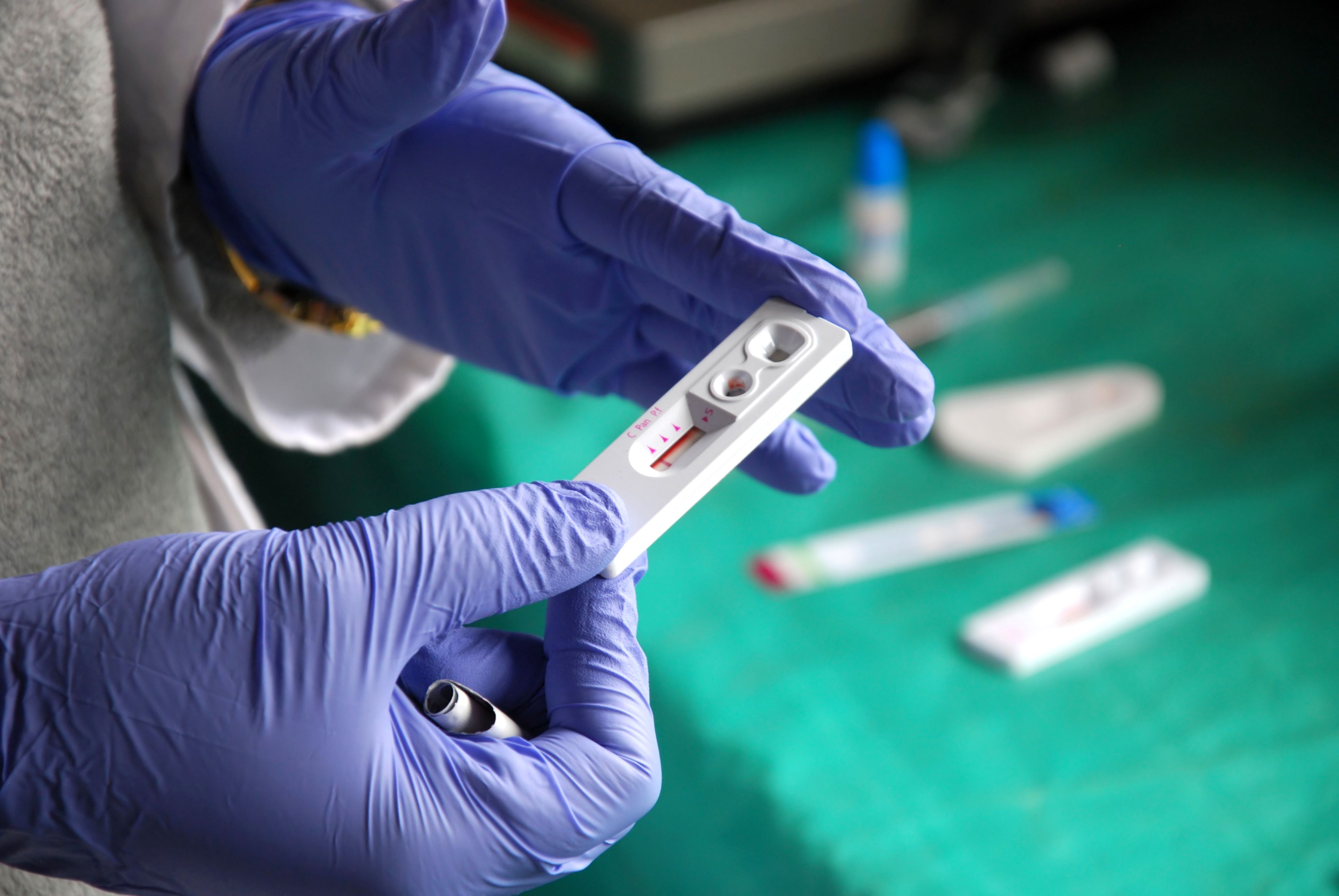Article
Acetaminophen, Ibuprofen, or Neither?
Patients take acetaminophen and ibuprofen for minor pain and fever, but are they interchangeable?
It seems as though everyone has acetaminophen and ibuprofen in their medicine cabinet.
Patients take these products for minor pain and fever, but are they interchangeable? They are for the most part, but pharmacists have information to optimize drug usage and recommend the best option in specific circumstances.
Acetaminophen
Acetaminophen treats minor pain and reduces fever.
Because acetaminophen is processed through the liver, high daily doses (>3 g) can damage the liver, especially if the person drinks a lot of alcohol or has a weakened liver from disease. For those reasons, patients who have been diagnosed with hepatitis C or drink alcohol more than 4 times a week would better off using ibuprofen than acetaminophen.
For short periods of time, acetaminophen doses can go up to 4 g, if needed. Pharmacists should counsel patients to look for hidden amounts of acetaminophen in cold and flu products, sleep aids, and menstrual cramp products.
Ibuprofen
Ibuprofen is stronger than acetaminophen because it stops swelling and redness in addition to treating minor aches and pains. It even stops redness and swelling from sunburn.
The trade off is that ibuprofen is related to 3 issues.
First, ibuprofen is processed through the kidneys, so other drugs that act on the kidneys can react badly with ibuprofen—especially angiotensin-converting enzyme (ACE) inhibitors, which lower blood pressure in the body and the kidneys.
When blood pressure in the kidneys goes from high to normal, the kidneys are preserved and stay healthy. But when blood pressure in the kidneys goes from normal to low, it is a recipe for kidney damage, which can happen to a patient on an ACE inhibitor who gets dehydrated or develops low blood pressure from other causes.
If you add ibuprofen to the mix, things can get even worse. Therefore, acetaminophen is a better choice for patients taking an ACE inhibitor.
Second, the stomach and intestines can bleed from ibuprofen use.
Ibuprofen and all nonsteroidal anti-inflammatory drugs (NSAIDs) can irritate and erode the lining of the stomach, causing an ulcer or sore that can bleed. Some patients have reported passing blood in their stool after just 1 ibuprofen dose.
Usually, it takes several doses to erode the lining. However, those who have a strong, healthy, intact stomach and intestines don’t seem to have any problem at all.
Third, at-risk patients at risk can experience a heart attack soon after taking ibuprofen.
This usually occurs in patients with heart disease or a history of heart attacks, and after open-heart surgery. Those with healthy hearts and veins don’t seem to be at risk.
However, this is such a huge concern that the FDA has put out a warning about this potential side effect. It has even removed some NSAIDs from the market because of it.
It’s also important to note that both acetaminophen and ibuprofen can increase blood pressure in patients who are having a hard time controlling their high blood pressure. Pharmacists might want to advise these patients to monitor their blood pressure daily in order to ensure that they stay in the safe range. Acetaminophen (rarely) and ibuprofen (more often) can partially stop blood pressure medications from working properly.
So, what should pharmacists recommend to patients who cannot tolerate either acetaminophen or ibuprofen? Turmeric!
Turmeric has been tested in several medical trials. In one particular study, it performed just as well as ibuprofen in providing osteoarthritis pain relief against ibuprofen.
Turmeric is also an anti-inflammatory, but it does nothing for fever. If it comes from a reputable manufacturer, then I give this herb a thumbs-up.
Reference:
Antony B, Kizhakedath R Benny M Kuruvilla BT. Clinical evaluation of an herbal product (Rhulief) in the management of knee osteoarthritis. Abstract 316. Osteoarthritis Cartilage. 2011;19(S1):S145-S146.
Newsletter
Stay informed on drug updates, treatment guidelines, and pharmacy practice trends—subscribe to Pharmacy Times for weekly clinical insights.





